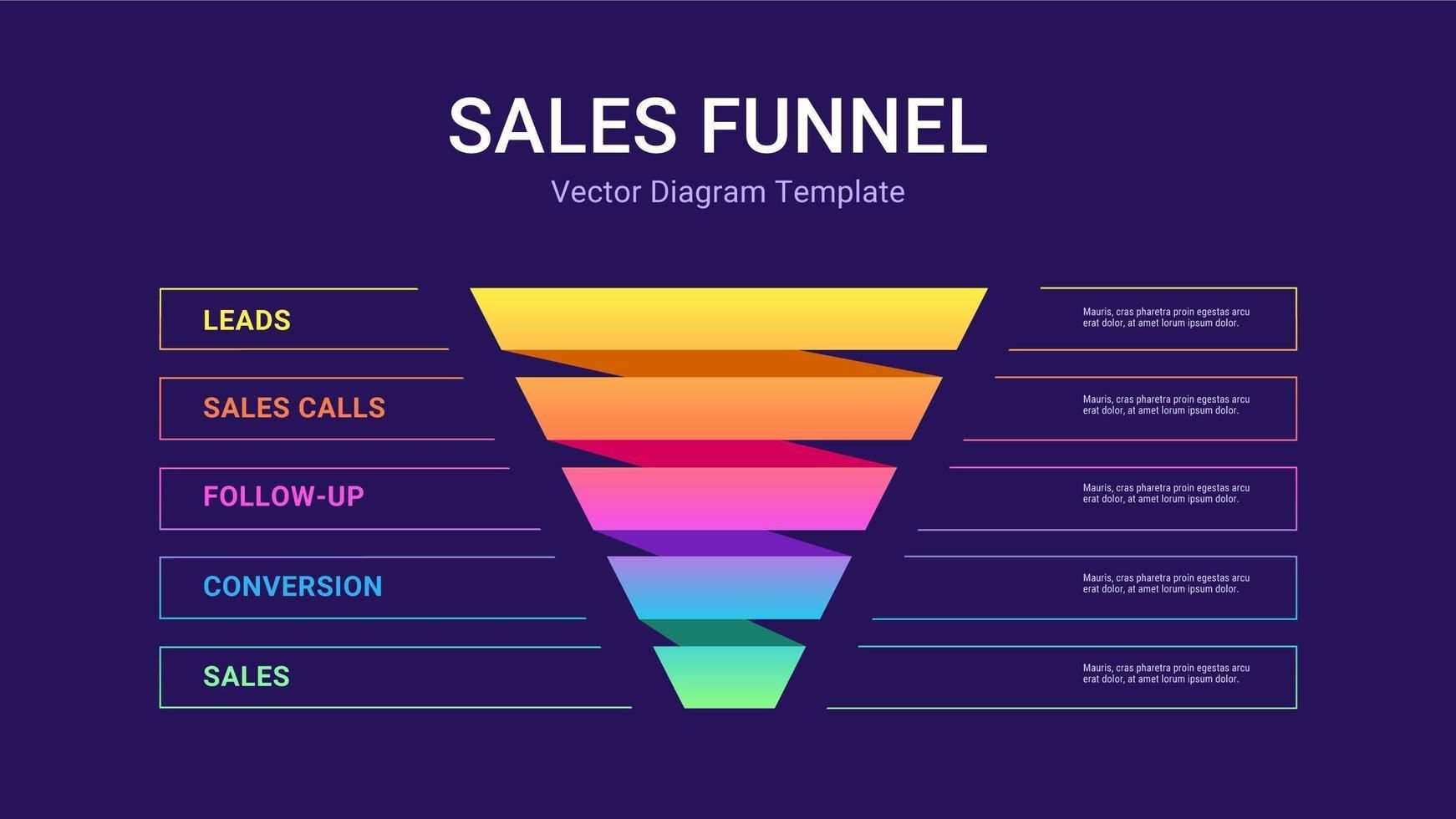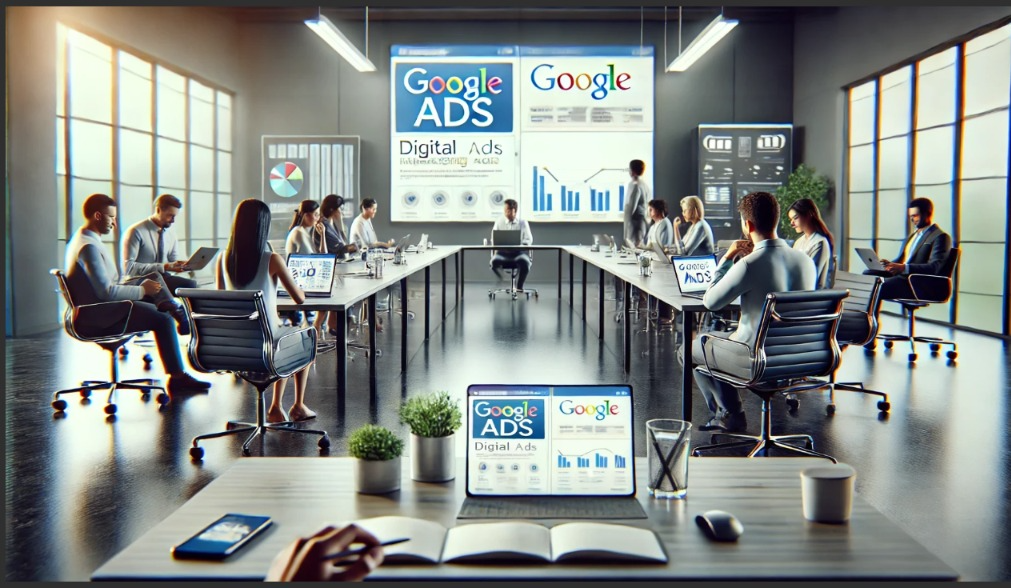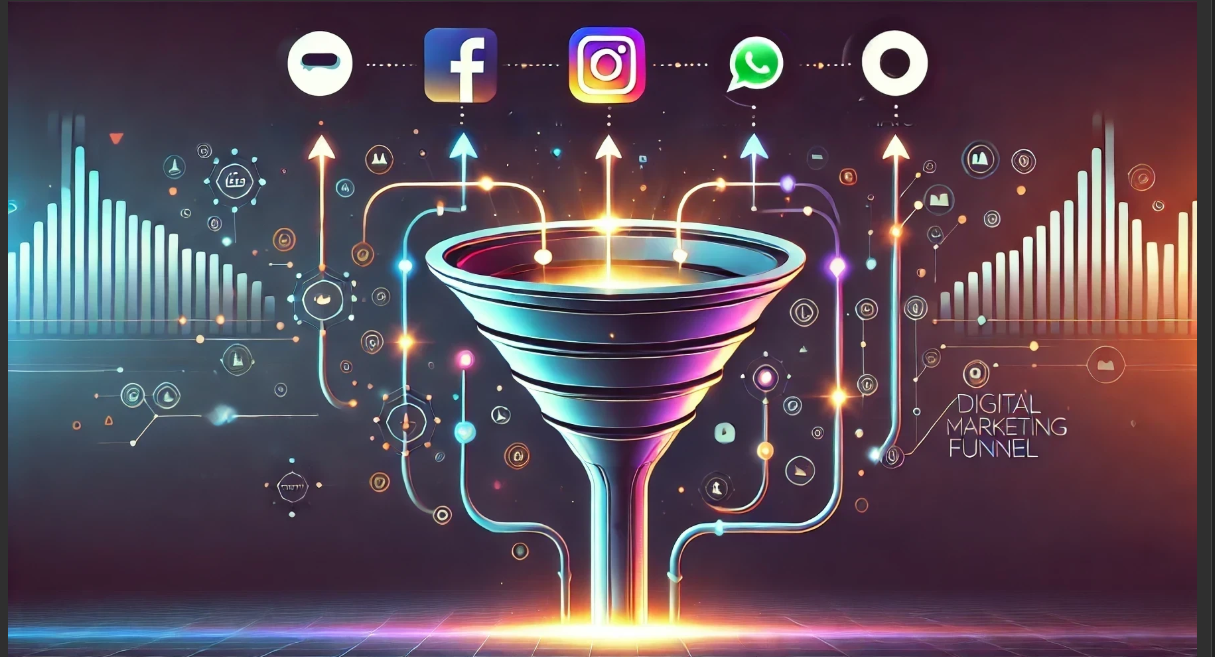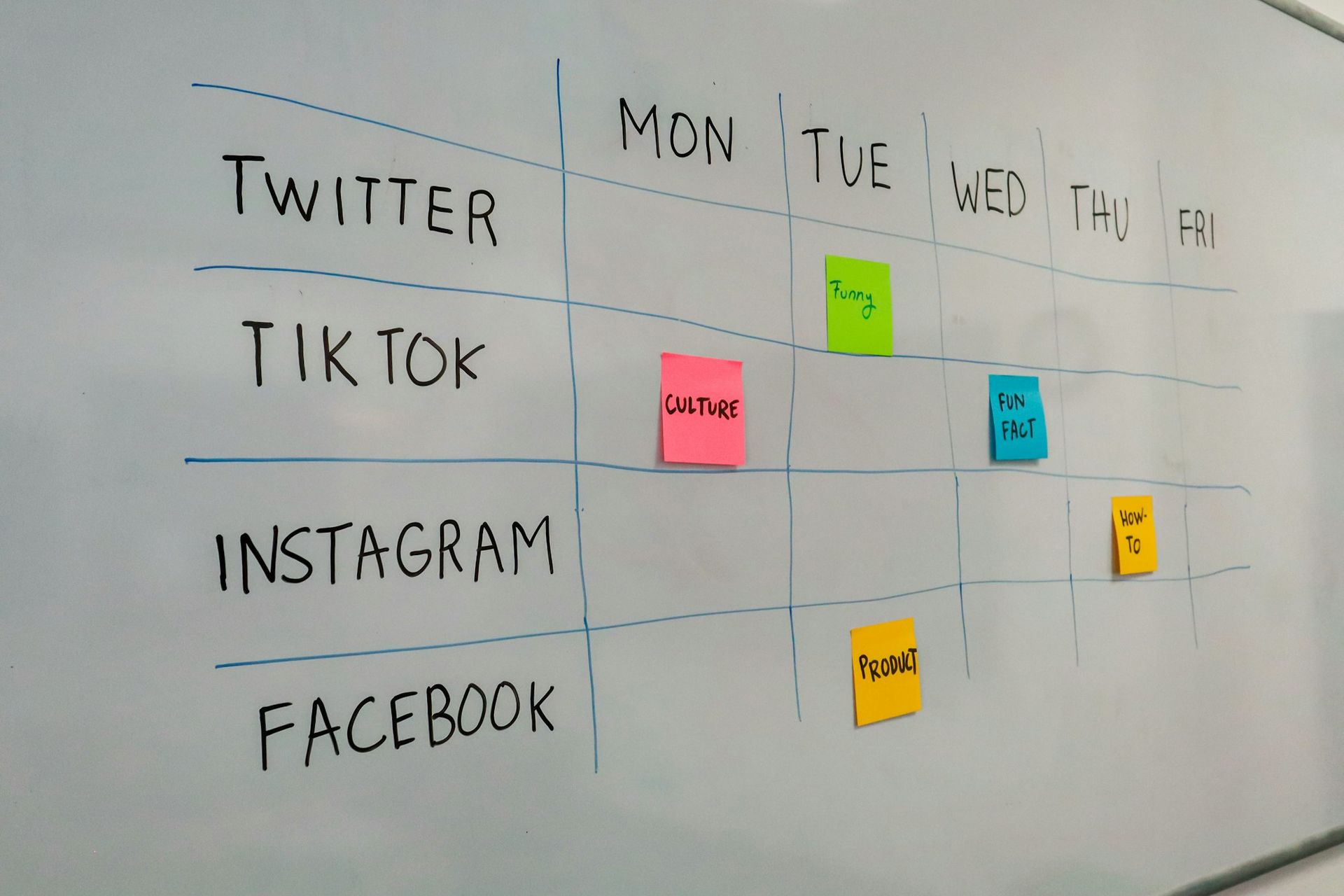How to Choose the Right Integrated Marketing Agency: A Complete Guide for 2025
What is an Integrated Marketing Agency?
An integrated marketing agency specializes in creating cohesive, consistent brand messages across multiple channels, serving as a binding agent that ensures all campaign assets look and feel similar. Unlike single-channel specialists, these agencies coordinate efforts across digital, traditional, and emerging platforms to amplify your brand's reach and impact.
Integrated marketing agencies bring specialists from various fields, including advertising, digital promotion, public relations, SEO, and design, providing access to a diverse skill set for comprehensive campaign execution. This holistic approach ensures your marketing efforts work in harmony rather than operating in isolated silos.
Core Services Offered
Modern integrated marketing agencies typically provide:
- Digital Marketing: SEO, PPC, social media, email marketing, content marketing
- Traditional Advertising: TV, radio, print, outdoor advertising
- Brand Strategy: Brand positioning, messaging, visual identity development
- Public Relations: Media relations, crisis communication, thought leadership
- Creative Services: Graphic design, video production, copywriting
- Analytics and Reporting: Performance tracking, ROI measurement, optimization

Table of Contents
1. What is an Integrated Marketing Agency?
2. Key Benefits of Working with an Integrated Marketing Agency
3. Essential Evaluation Criteria
4. The RFP Process: Step-by-Step Guide
5. Red Flags to Avoid
6. Budget Considerations and ROI Expectations
7. Making the Final Decision
8. Frequently Asked Questions
Bottom Line Up Front
The right integrated marketing agency should demonstrate proven expertise across multiple channels, align with your business goals, offer transparent communication, and provide measurable results within your budget. Focus on agencies with relevant industry experience, strong case studies, and a collaborative approach to partnership.
Key Benefits of Working with an Integrated Marketing Agency
Consistent Brand Messaging
Integrated marketing allows your team to reuse most, if not all, of its assets across different channels while maintaining consistency in messaging and brand voice. This consistency is crucial for building brand recognition and trust among your target audience.
Cost Efficiency and Resource Optimization
B2B firms allocate 2–5% of their revenue to marketing, whereas B2C companies spend 5–10%. By centralizing all marketing efforts and modernizing processes, integrated agencies optimize resource allocation to minimize costs. Working with a single agency eliminates the need to manage multiple vendor relationships and reduces coordination overhead.
Enhanced Customer Experience
Integrated marketing agencies create seamless customer journeys by connecting touchpoints across various channels, fostering loyalty and advocacy. This approach ensures customers receive consistent experiences regardless of how they interact with your brand.
Improved Lead Generation
61% of marketers agree that generating traffic and leads is their foremost challenge. Digital advertising agencies help generate more leads leveraging a harmonious and expertly-crafted advertising strategy. Integrated approaches often outperform siloed efforts in converting prospects into customers.

Essential Evaluation Criteria
Industry Experience and Expertise
When evaluating potential partners, prioritize agencies with demonstrated success in your industry. It's best to pick an agency with a track record in your particular sector or industry, as they have likely encountered issues like the ones you're experiencing and can apply their knowledge to help you solve them.
Key Questions to Ask:
- Do they have case studies from similar businesses?
- What results have they achieved for companies your size?
- How familiar are they with your industry's regulations and challenges?
Service Offerings and Capabilities
Full-service digital marketing agencies handle multiple channels and take an integrated approach to each, while niche agencies specialize in just one platform. Ensure your chosen agency can deliver across all channels critical to your success.
Essential Capabilities to Verify:
- Multi-channel campaign development and execution
- Data analytics and performance measurement
- Creative asset development and brand management
- Technical implementation capabilities
- Scalability to grow with your business
Team Composition and Stability
What is the average experience of their employees? Have they got more than one seasoned consultant with the skills offered to and needed by you? Team stability ensures continuity and prevents knowledge loss during your partnership.
Communication and Collaboration Style
Understanding a Client's Business was one of the highest ranked priorities for Clients in 2024. If the Agency doesn't understand or is unwilling to learn about your business at the beginning, then it may not be worth pursuing a relationship for the long haul.
Look for agencies that prioritize:
- Regular reporting and transparent communication
- Collaborative planning processes
- Responsive account management
- Cultural alignment with your organization

The RFP Process: Step-by-Step Guide
Phase 1: Internal Preparation
Set aside time at the start of your search to define what is most important to your organization in making a decision.
This should ensure that each agency is aligned with your needs, allowing you to make a more direct side-by-side comparison.
Internal Preparation Checklist:
- Define clear marketing objectives and KPIs
- Establish budget parameters and timeline expectations
- Identify key stakeholders and decision-makers
- Document current challenges and pain points
- Outline success metrics and reporting requirements
Phase 2: RFP Development
When you provide budget details, agencies can tailor their strategies and propose realistic solutions that maximize return on investment (ROI). Clear financial guidelines ensure a more efficient selection process and successful campaign execution.
RFP Components to Include:
- Company background and current marketing situation
- Project scope and objectives
- Budget parameters and timeline
- Evaluation criteria and selection process
- Required proposal format and submission guidelines
For comprehensive RFP templates and examples, consider resources from HubSpot's RFP Guide and Setup's RFP Resources.
Phase 3: Vendor Evaluation
Using a score-based system to assess experience, case studies, cost, cultural fit, and skills can reduce ambiguity and streamline decision-making.
Evaluation Scoring Matrix:
- Industry Experience (25%)
- Proposed Strategy and Approach (20%)
- Team Qualifications (20%)
- Case Studies and Results (15%)
- Cultural Fit and Communication (10%)
- Budget and Value Proposition (10%)
Phase 4: Agency Presentations and Interviews
Schedule presentations with your top 3-5 finalists to evaluate:
- Strategic thinking and problem-solving approach
- Team chemistry and communication style
- Understanding of your business and industry
- Ability to execute proposed strategies
- Long-term partnership potential

Red Flags to Avoid
Unrealistic Promises
Be wary of agencies that guarantee specific results without understanding your business context. Legitimate agencies focus on process, strategy, and continuous improvement rather than making bold promises.
Lack of Transparency
Set clear KPIs and ask the Agency how they track and report progress. Transparency is key to avoiding Agency breakups. Agencies should be open about their processes, pricing, and performance measurement approaches.
Poor Communication During the Sales Process
If an agency is unresponsive or unclear during the evaluation phase, this behavior typically continues after contract signing. Prioritize agencies that demonstrate strong communication from the initial contact.
Overemphasis on Awards Over Results
While industry recognition is valuable, focus primarily on measurable business outcomes rather than creative awards. The best agency for your business delivers results, not just accolades.
Unwillingness to Provide References
Research client testimonials: Check authentic reviews on platforms like DesignRush or Google My Business to see what previous clients say about their experience working with the integrated marketing company. Reputable agencies readily provide client references and case studies.

Budget Considerations and ROI Expectations
Understanding Agency Pricing Models
Retainer-Based Pricing: Monthly fees for ongoing services and strategic support Project-Based Pricing: Fixed costs for specific deliverables and campaigns Performance-Based Pricing: Compensation tied to achieving specific KPIs Hybrid Models: Combination of retainer and performance incentives
Setting Realistic Budget Expectations
Research shows that B2B firms allocate 2–5% of their revenue to marketing, whereas B2C companies spend 5–10%. Use these benchmarks as starting points, but adjust based on your growth stage, competitive landscape, and strategic priorities.
For more detailed budget planning guidance, refer toThe Association of National Advertisers' research on marketing spend and best practices for agency performance evaluation.
Agency Evaluation Resources
For additional evaluation tools and frameworks, explore these helpful resources:
- HubSpot's Agency Evaluation Checklist - A comprehensive two-page checklist for evaluating marketing agencies
- THAT Agency's Selection Scorecard - Free Excel-based evaluation template with criteria weighting
- Brand Active's Agency Evaluation Guide - Detailed criteria for boosting marketing ROI through better agency partnerships
- Demand Metric's Performance Review Template - Professional tools for ongoing agency assessment
- Short-term metrics: Lead generation, website traffic, engagement rates
- Medium-term metrics: Cost per acquisition, conversion rates, pipeline growth
- Long-term metrics: Customer lifetime value, brand awareness, market share
Agency Evaluation Resources
For additional evaluation tools and frameworks, explore these helpful resources:
- HubSpot's Agency EvaluationChecklist - A comprehensive two-page checklist for evaluating marketing agencies
- THAT Agency's Selection Scorecard - Free Excel-based evaluation template with criteria weighting
- Brand Active's Agency Evaluation Guide - Detailed criteria for boosting marketing ROI through better agency partnerships
- Demand Metric's Performance Review Template - Professional tools for ongoing agency assessment

Making the Final Decision
Final Evaluation Process
Choosing the right marketing Agency in 2025 is about more than finding a vendor—it's about building a partnership that can adapt to your needs, communicate effectively, and drive long-term results.
Final Decision Criteria:
- Strategic Alignment: Does their proposed approach align with your business objectives?
- Cultural Fit: Will they integrate well with your team and company culture?
- Scalability: Can they grow and adapt as your business evolves?
- Value Proposition: Do they offer the best combination of expertise and value?
- Long-term Partnership Potential: Are they committed to your success beyond the initial contract?
Contract Negotiation Tips
- Include performance metrics and accountability measures
- Establish clear communication protocols and reporting schedules
- Define ownership of creative assets and intellectual property
- Include provisions for scaling services up or down
- Set regular review periods for strategy optimization
Onboarding Best Practices
Setup's guide to Agency Onboarding emphasizes how structured onboarding ensures alignment from the outset. Plan a comprehensive onboarding process that includes:
- Detailed brand and business education sessions
- Introduction to key stakeholders and decision-makers
- Review of historical performance data and insights
- Establishment of communication protocols and tools
- Development of initial campaign strategies and timelines

Frequently Asked Questions
What's the difference between an integrated marketing agency and a digital marketing agency?
An integrated marketing agency offers a wide range of marketing services on both traditional and digital channels, while a digital marketing agency focuses solely on digital channel services, such as SEO, PPC, social media, and email marketing. Integrated agencies provide broader strategic coordination across all marketing touchpoints.
How long should the agency selection process take?
A typical RFP can span from 2-3 weeks to 2-3 months, depending on the complexity of the project and how many people internally will be involved in the review process. Allow adequate time for thorough evaluation while considering industry events and internal availability.
What should I include in my RFP budget section?
When you provide budget details, agencies can tailor their strategies and propose realistic solutions that maximize return on investment (ROI). Include total available budget, preferred spending allocation across channels, and timeline for budget deployment.
How important are case studies in agency evaluation?
Agencies should be able to back their claims with case studies, client feedback, and industry awards — all of which should be relevant to your project goals. Case studies provide concrete evidence of an agency's ability to deliver results in situations similar to yours.
Should I prioritize industry experience over general marketing expertise?
Industry experience is valuable but shouldn't be the only consideration. Look for agencies that combine relevant industry knowledge with strong strategic thinking and execution capabilities. Sometimes fresh perspectives from outside your industry can drive breakthrough results.
How can I ensure the agency team presented in the RFP will actually work on my account?
Evaluating and signing off on a project team should happen as close to the project kick-off as possible, as it is often the case that the winning team from the RFP is changed right before kick-off. Include team commitment clauses in your contract and verify team availability during final negotiations.
What metrics should I use to measure agency performance?
Focus on metrics tied to your business objectives. Common KPIs include lead generation volume and quality, cost per acquisition, conversion rates, brand awareness metrics, and overall ROI. Establish baseline measurements and agree on reporting frequency and formats.
How do I handle agencies that won't share their pricing upfront?
Legitimate agencies should provide pricing ranges or ballpark estimates during initial discussions. If an agency refuses to discuss pricing parameters, they may not be a good fit for a transparent, collaborative partnership.




















